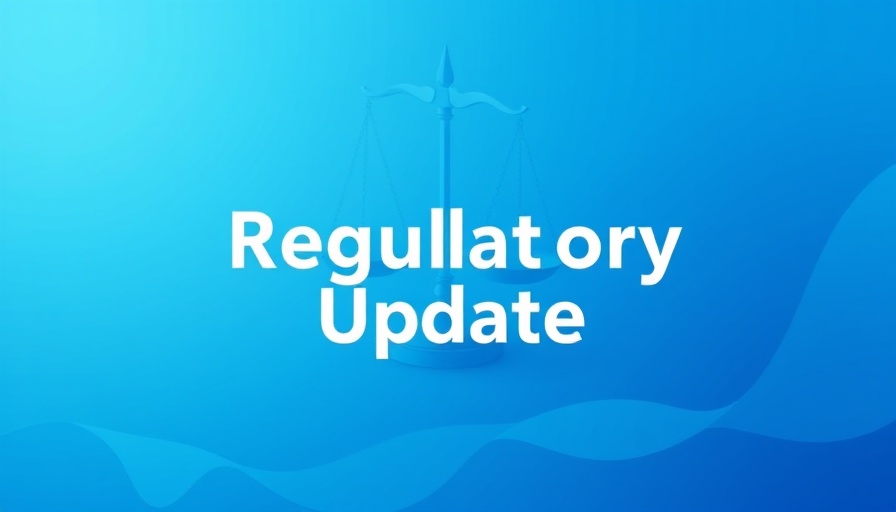
Understanding Off-Channel Communications and Their Ties to Compliance
As the world of institutional finance becomes increasingly digital and interconnected, the Securities and Exchange Commission (SEC) is cracking down on what it terms “off-channel communications.” These include messages sent via personal devices or applications like WhatsApp and Signal, which are often excluded from standard record-keeping protocols. Just recently, the SEC announced penalties exceeding $63 million imposed on 26 financial firms due to these violations, marking a significant escalation in enforcement actions.
The Importance of Record-Keeping in Financial Communications
Effective regulatory frameworks, such as the SEC’s rules established under the Securities Exchange Act, demand that firms maintain comprehensive records of electronic communications among personnel. This is crucial for ensuring compliance and protecting investors. Previous fines levied due to off-channel communications reached nearly $400 million, further emphasizing the urgent need for financial institutions to adopt proactive compliance measures. Failing to do so not only results in hefty fines but could also jeopardize investigations into financial misconduct.
Lessons from the Recent Penalty Surge
The latest penalties are a wake-up call for firms to critically evaluate their current communication protocols. In an environment where texting and quick messaging dominate, easy-to-evade channels are becoming entrapments for compliance failures. For example, although using a personal device for work communications is not illegal, the SEC mandates that records of those conversations be kept. Firms must implement technology solutions that can track these communications effectively.
Self-Reporting: A Double-Edged Sword
Self-reporting violations to regulators can sometimes reduce penalties, as demonstrated by three of the 26 firms in the recent case. However, the SEC has been clear that self-disclosure does not exempt companies from responsibility. They must still engage third-party compliance consultants to rectify the issues. This dual approach can help firms reduce fines but simultaneously makes it evident that the SEC is keen on enforcing compliance diligence rigorously.
Proactive Compliance and Implications for the Future
As we look forward, investment advisers and broker-dealers need to cultivate a culture of compliance that embraces new technology. Recent data indicates the SEC’s commitment to ongoing investigation into off-channel communications, revealing broader implications for the financial industry. Firms should consider revising and updating their communication policies to ensure they encompass all modes of communication and that employees receive proper training on these protocols.
Conclusion: Navigating the Compliance Landscape
The emerging landscape of digital communications in finance is fraught with challenges that require diligence and foresight. Firms that adapt proactively to the SEC’s evolving expectations regarding compliance and record-keeping will not only protect themselves from potential penalties but also foster trust among clients and investors. For organizations involved in international trade, the ramifications of these policies could influence operations significantly, highlighting the need for a keen understanding of regulatory frameworks across global markets.
If you’re involved in import-export operations or are a stakeholder in financial communications, it’s crucial that you stay informed about these developments. Reviewing your compliance strategies could save you from future penalties and reinforce secure operational practices.
 Add Row
Add Row  Add
Add 




Write A Comment